- When the X-Universe gives you lemons…
I’ve been playing X4: Foundations, a game that feels like a cross between Freelancer, Mount & Blade, and a tycoon game. On the surface, this resembles Freelancer: a space sim with mouse-based controls. Its underlying structure is closer to Mount & Blade — it drops the player into a living universe, whose factions mine, trade, and battle on their own; and within this world, my character has gone from solo adventurer to galactic magnate. Finally, the details resemble a tycoon or Anno game — I have spent most of my time building factories, juggling elaborate production chains, and keeping my bases stocked with a network of freighters.
This has been a wonderful setting for emergent, self-directed gameplay; and as the galaxy evolved, my goals changed, too. My X4 campaign began with odd jobs, such as dropping off satellites and retrieving cached goods. From these humble beginnings, I scrimped, saved, and bought my first few mining ships. I sent a ship to mine silicon in the resource-rich space of the Argon Federation, only to find some time later it had stopped selling to the refinery. What happened? It turned out there was no more refinery: a hostile fleet had pushed into Argon space; blown up the refinery; and destroyed the Argons’ space fighter production, too.
Well — here was my new objective. Roleplaying a patriotic Argon businessman, I decided to help the Argons rebuild, and earn a living in the process. Now there was a gap in the Argon economy, and I plugged it by building my own silicon refinery. That refinery became the cornerstone of my empire: I turned it into an electronics factory, supplying the surviving Argon shipbuilding facilities, and it became the cash cow that funded my expansion across the galaxy.
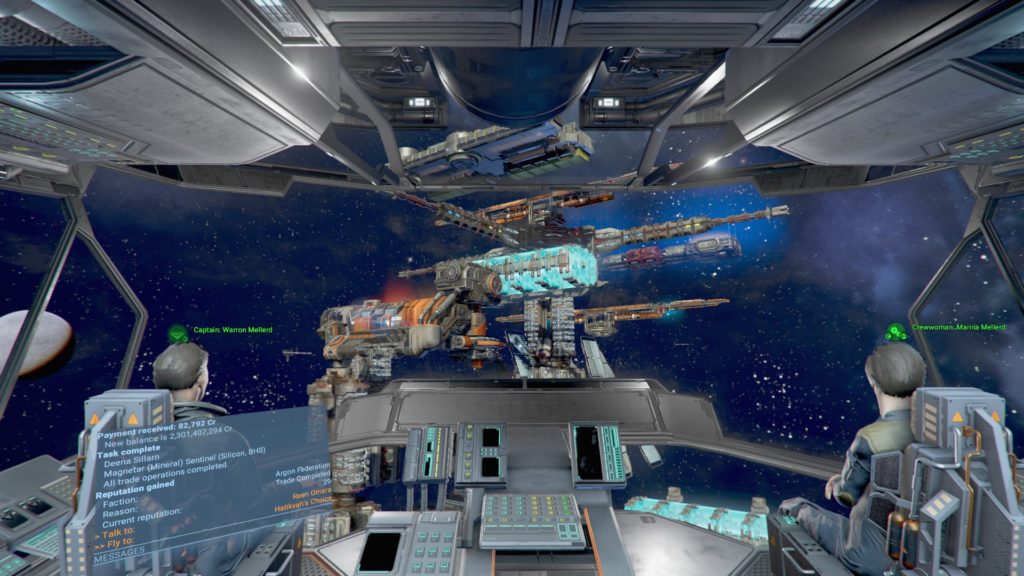
Now after 160+ hours, my bases span the map, producing spaceships of every size; a network of smaller factories feeds my shipyards with parts; and a swarm of miners and traders keep everything supplied. The Argon are restored; and I still have a soft spot for the territory where my character made his fortune.
As that timeline suggests, the most unique thing about X4 is its pacing. It takes significant real-world time to gather minerals or produce goods; hours to build up a station; and time compression is gated behind in-game requirements. I treated X4 as something closer to a real-life hobby, perhaps gardening or baking: every so often I would come by, check on my empire, tinker a bit, and order new construction. Then I went away, and let the game run in the background while I did other things. So while my Steam playtime is impressive, I have spent only a handful of the nominal 160 hours actually in control! The fun, for me, was in devising a system that could run smoothly on its own.
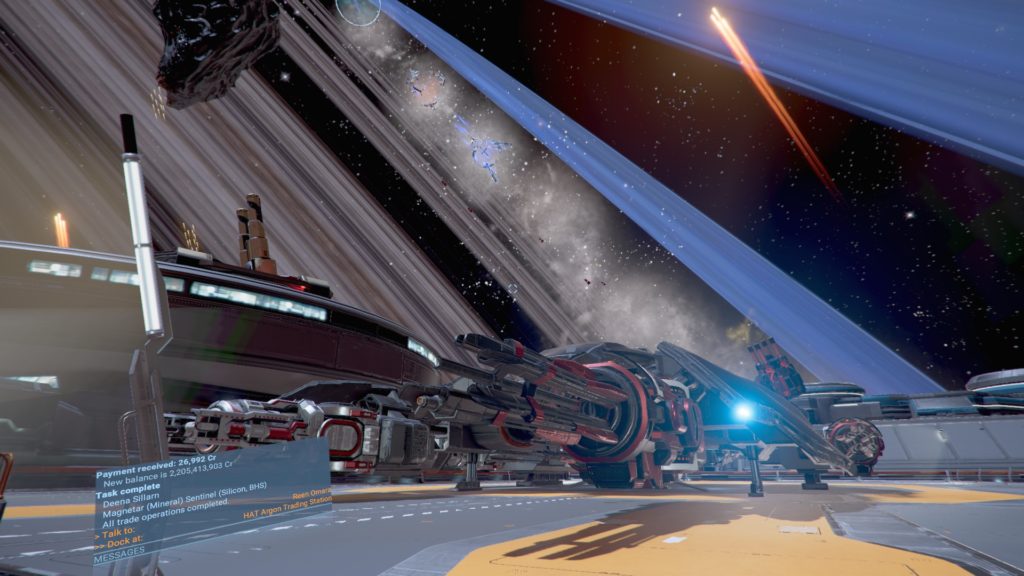
Occasionally X4 can be a bumpy experience. The game is very playable as of the current version (3.3), but I have encountered the odd bug — I once had to sell several freighters that refused to do anything, no matter what I tried. And its presentation — gorgeous universe, beautiful music, evocative system names such as “Fires of Defeat”, “Grand Exchange”, and “Second Contact” — is periodically marred by swathes of missing flavour text.
My biggest problem is the way X4 presents information. At heart, it is a complex tycoon game, and it should give the player the appropriate tools to manage this. There were many times I wished I had a sortable “empire overview” screen, similar to Civilization (or to the sidebar in Total War games): this should outline the player’s ships and stations together with appropriate data such as profit or loss, goods carried or produced, and goods currently in inventory. It would be better still if I could drill down from that hypothetical overview screen, like a pivot table. Instead I had to click station by station, eyeballing the production figures. The developers could learn a lot from strategy games — 4X and tycoon — and from real-world spreadsheets.
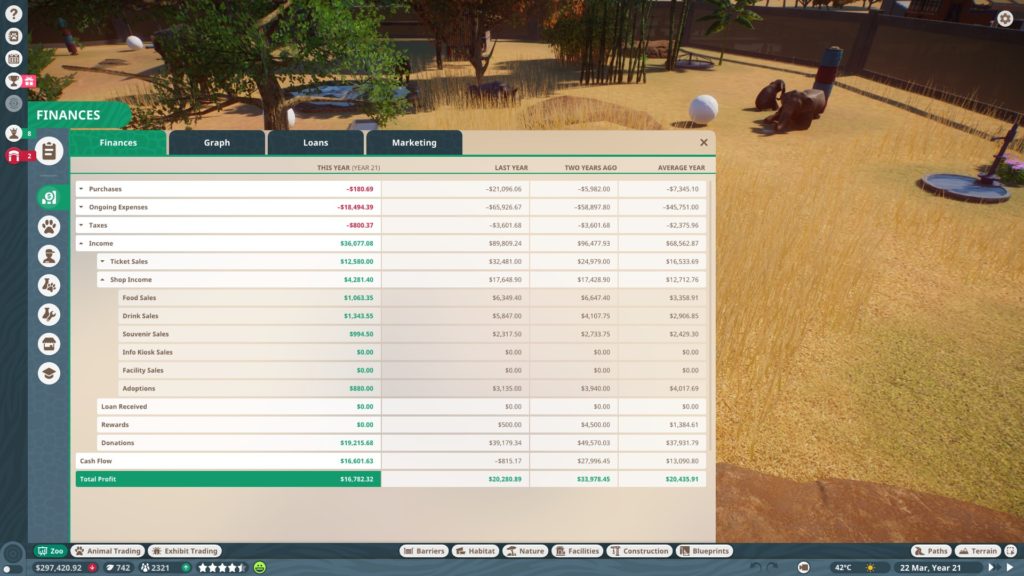
At the end of the day, though, X4 is a unique game that sells the “space opera” fantasy better than any other space sim I’ve played. This is the only game where I can stand on the deck of my own shipyard, and watch the traffic come and go; build a carrier at the yard; and command my fleet from its bridge. I can forgive it for also being the only game that makes me periodically wish for an accountant.
Discover more from Matchsticks for my Eyes
Subscribe to get the latest posts sent to your email.
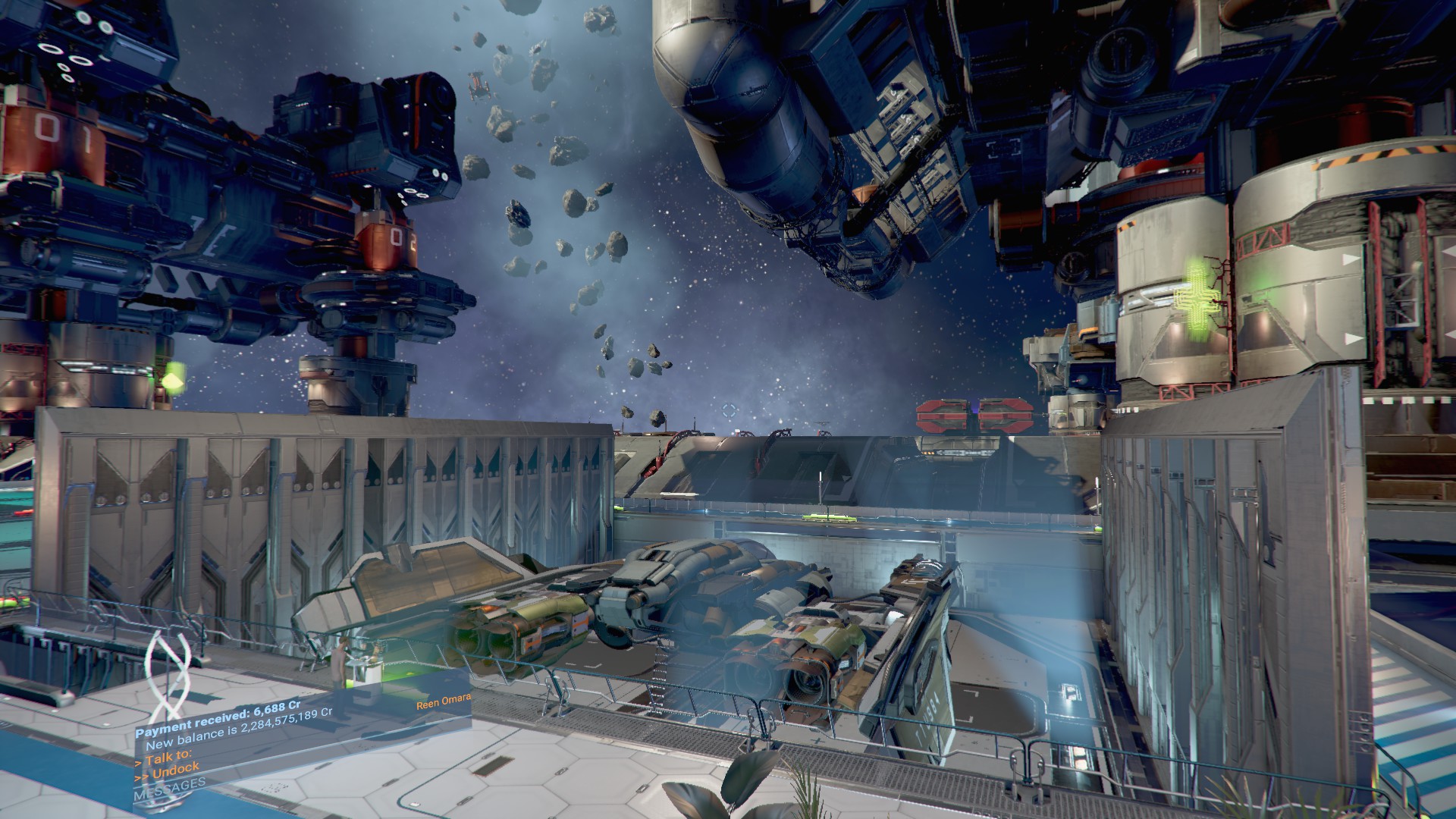
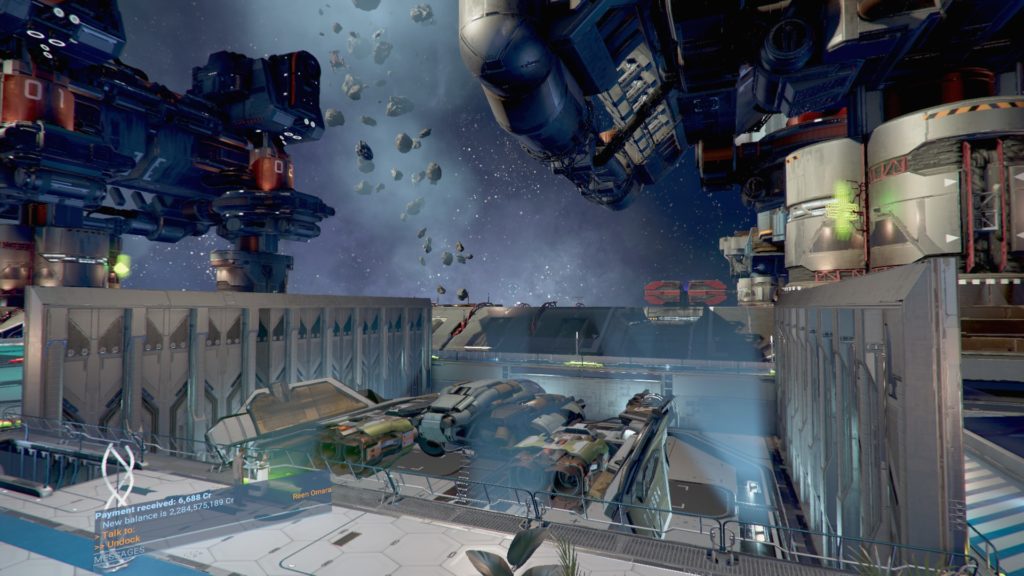
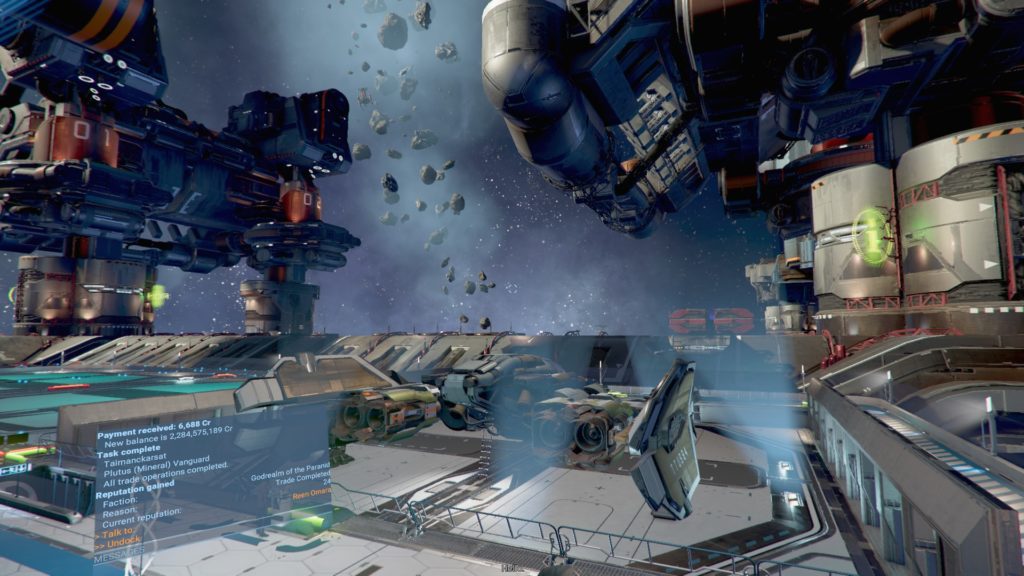
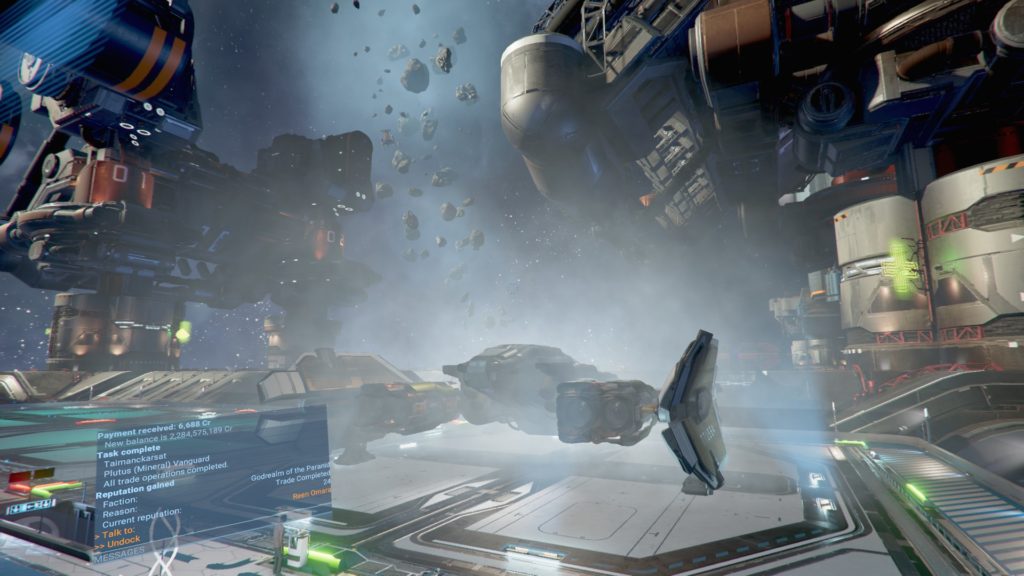
1 thought on “When the X-Universe gives you lemons…”